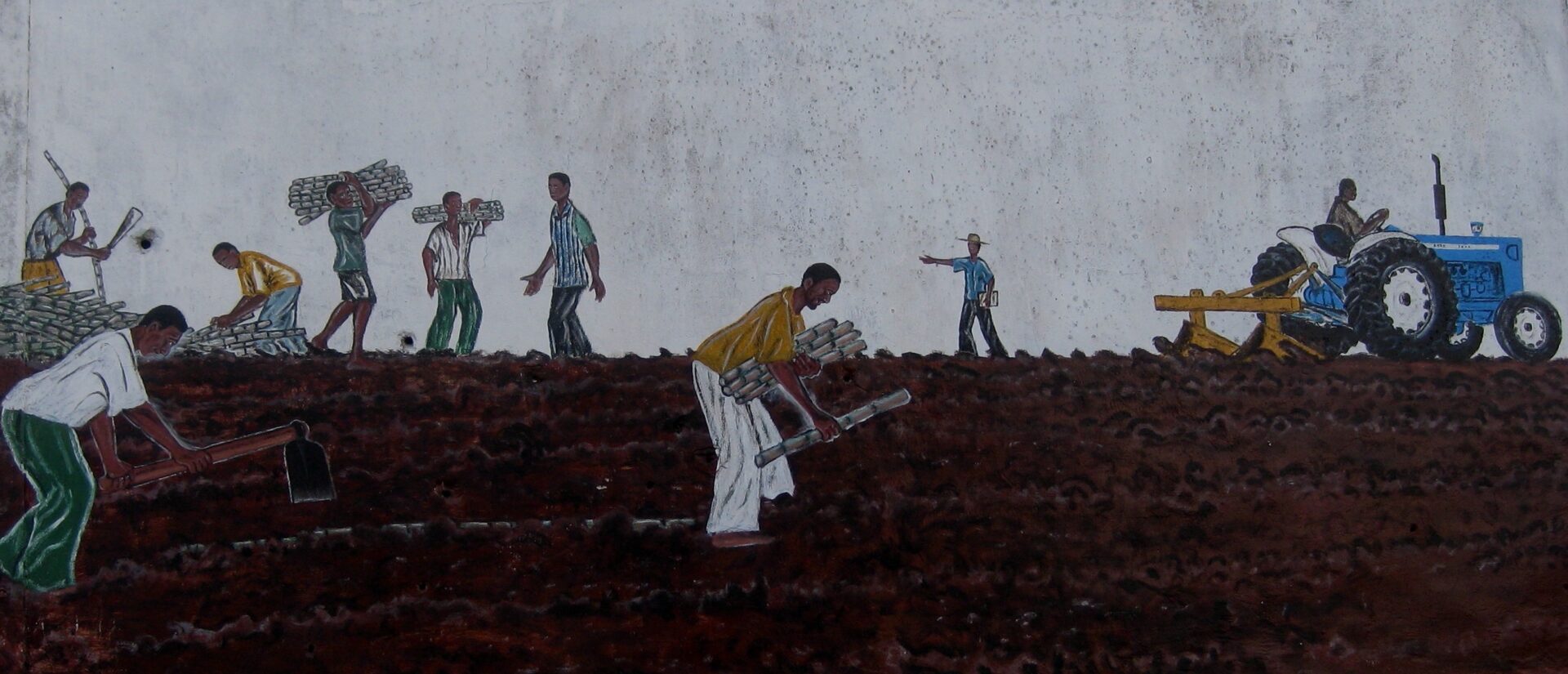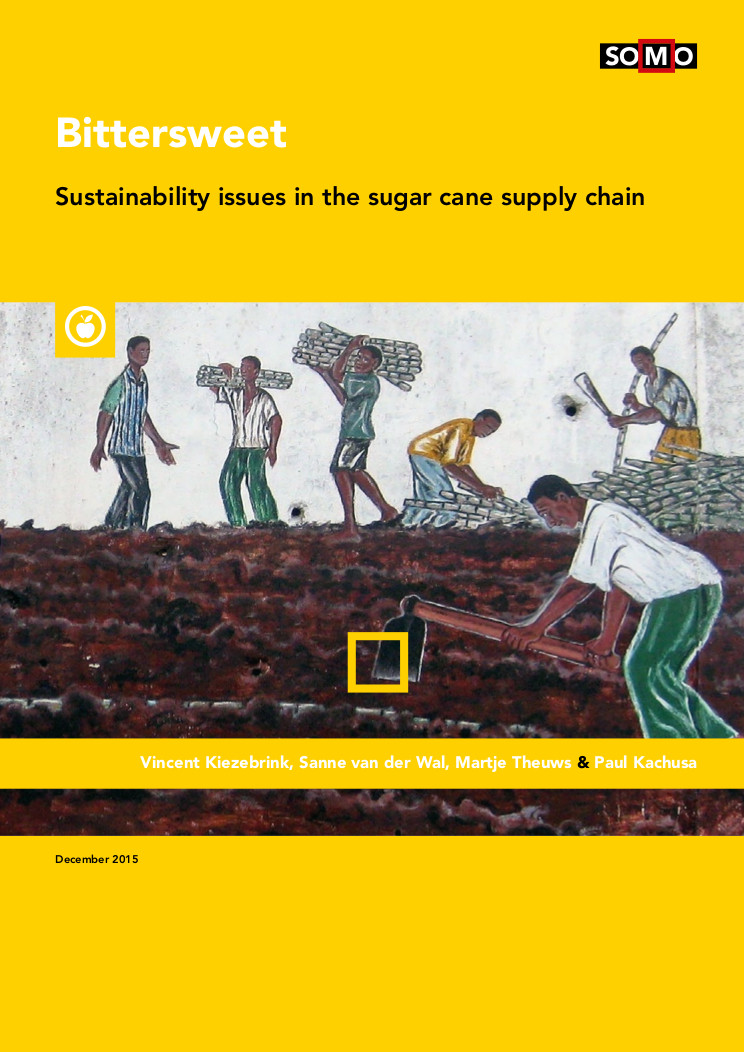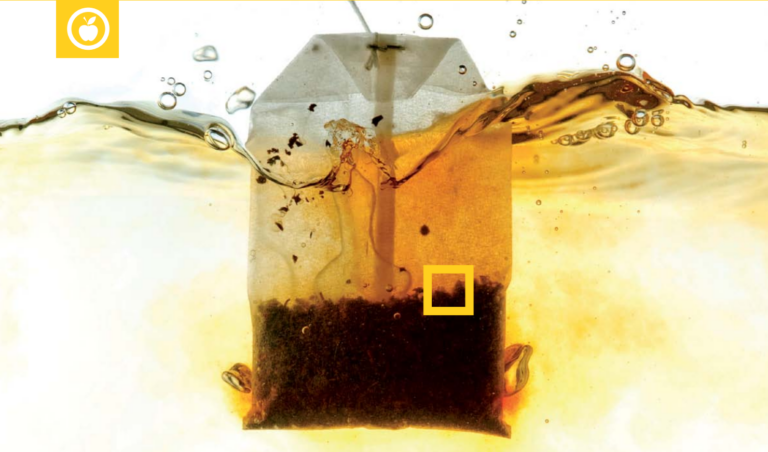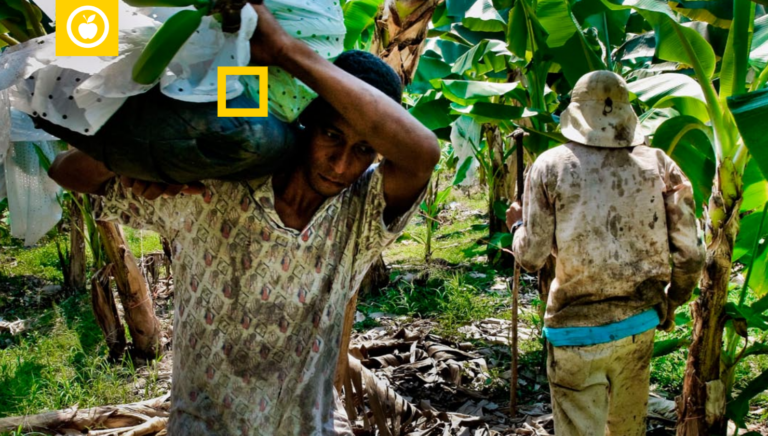
Sugar cane in food products often produced unsustainably
Bittersweet, a report by SOMO, finds that rights of workers and communities are often at stake in the production of sugar cane. Large sugar using companies such as supermarkets have mostly been looking the other way.
“A new case study in Malawi shows that farmers are evicted from their land to make way for an expanding sugar plantation. Working conditions for sugar cane workers that are outsourced through agencies are also below par”, says senior researcher Sanne van der Wal.
Bittersweet indicates sustainability issues are widespread. Jobs in the sugar cane sector are often insecure, badly paid and health and safety regulations are not always respected. In some producing countries even forced labour and child labour is reported. The production of sugar cane is also linked to harmful environmental impacts and land grab.
Sugar-using companies seem little interested
Although eighty per cent of sugar produced worldwide comes from sugar cane, at most 4.5 percent of global production is sustainably certified. 20 percent of all sugar consumed in the EU is produced from sugar cane that is imported to meet the EU sugar demand. Sugar using companies, however, hardly ever ask for the origin of sugar according to one of Europe’s largest sugar refiners. Although all leading Dutch supermarkets (Albert Heijn, Aldi, Lidl, Plus and Jumbo) have policies in place to minimise unsustainable practices in their supply chain, only Plus has a specific policy for sugar cane.
Sugar-using companies do not generally specify from which suppliers they source their sugar, nor in what quantities. Only one large sugar-using company, Coca Cola, has made a commitment to publish the names of all its first-tier suppliers in 2016. Opacity in the supply chain is identified in the report as one of the obstacle towards more sustainable production of sugar cane. When links between buying and producing companies are unclear CSOs, for example, cannot verify the production level impacts of policies that sugar using companies may have.
The case of Malawi
Sugar is one of the three most important export crops for Malawi, and the EU is an important client. The country’s sole sugar producer is Illovo Sugar (Malawi) Limited, a subsidiary of the UK based multinational Associated British Foods (ABF). The research highlights occupational safety and health issues, low wages, increasing casualisation and anti-union tactics. The company is also accused of land grab by a community neighbouring one of its two plantations in the country.
Do you need more information?
-

Sanne van der Wal
Senior Researcher
Partners
-
CARER – Malawi Centre for Advice, Research and Education on Rights
Related content
-
Bittersweet Published on:
 Sanne van der WalPosted in category:Publication
Sanne van der WalPosted in category:Publication Sanne van der Wal
Sanne van der Wal
-
A Comparative Study of the Tea Sector in Kenya Published on:Posted in category:Publication
-
Certified Unilever Tea Published on:
 Sanne van der WalPosted in category:Publication
Sanne van der WalPosted in category:Publication Sanne van der Wal
Sanne van der Wal
-
Not my cup of tea – Is free trade undermining CSR? Published on:Posted in category:Publication
-
Goodness Guaranteed Published on:
 Sanne van der WalPosted in category:Publication
Sanne van der WalPosted in category:Publication Sanne van der Wal
Sanne van der Wal
-
Bitter Fruit Published on:
 Sanne van der WalPosted in category:Publication
Sanne van der WalPosted in category:Publication Sanne van der Wal
Sanne van der Wal

